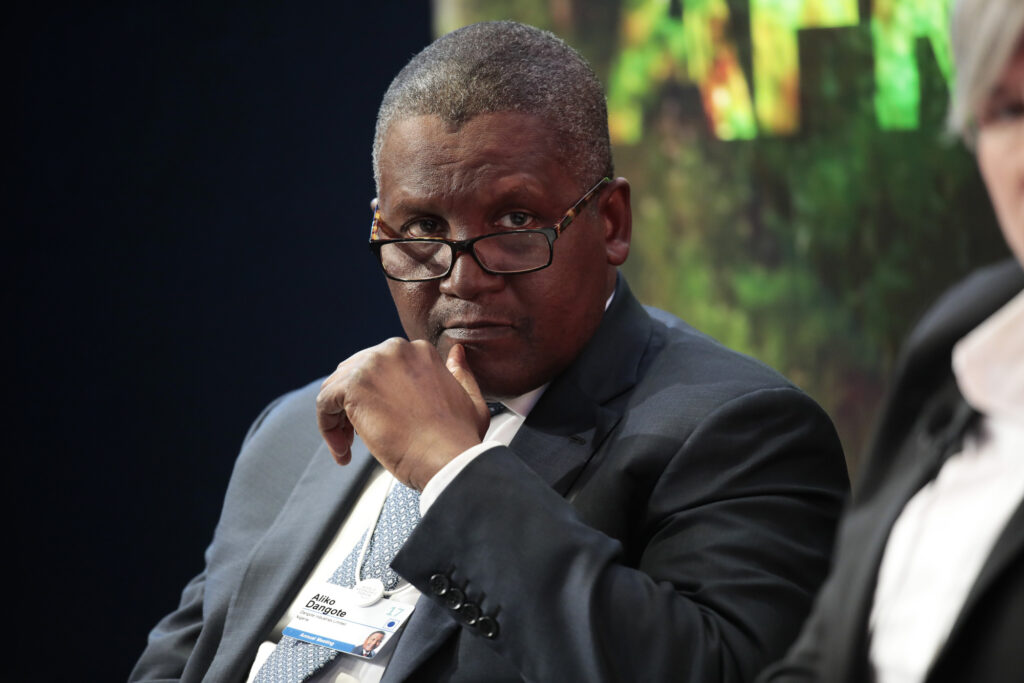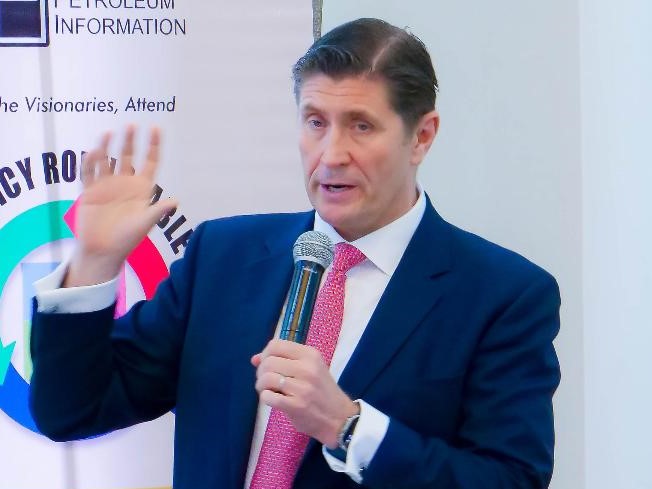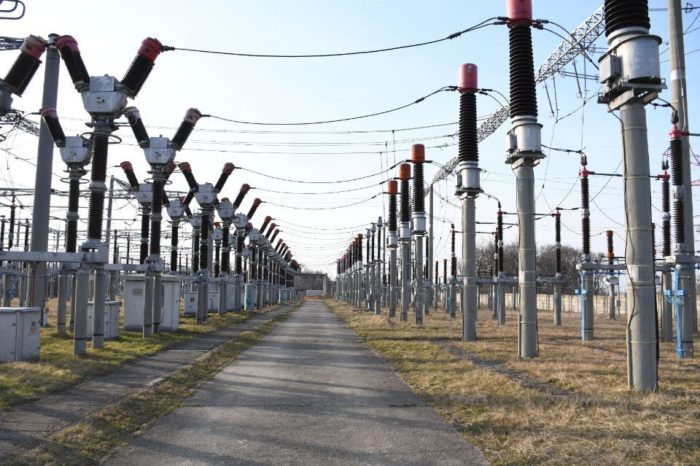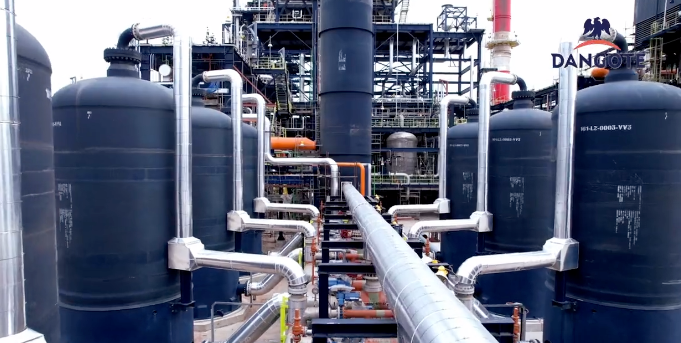Discos pocket N1tn in 12 months , as Nigerians grope in darkness
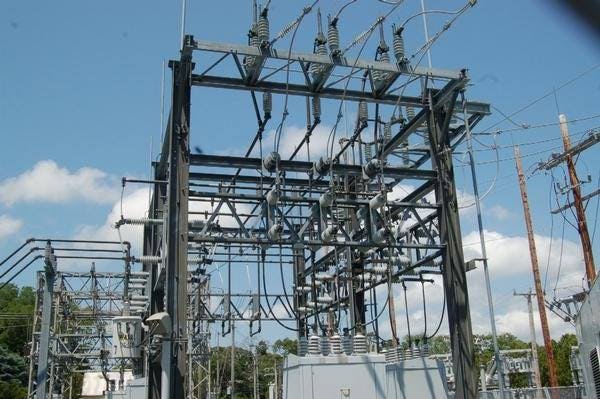
Ilenre Irele
In spite of irregular power supply nationwide, the revenue of electricity distribution companies in Nigeria reportedly jumped to N1.1trn in one year ( within 12 months of 2023), a new finding has reported.
The figure stands for an increase of N234.4bn or 28.2 per cent from the N831bn generated by the power companies over a similar period in 2022, according to
the National Bureau of Statistics in its latest report.
The surge in revenue generated was against the backdrop of sporadic power grid collapses recorded during the year.
Recall that Nigeria’s national power grid witnessed 46 collapses from 2017 to 2023, according to findings by EnergyDay.
The report highlighted that Nigerians were thrown into persistent blackouts in 2023 more than any other year in a decade.
Dr Akintola Adewumi, an energy watcher said in ” the face of persistent blackouts, where Nigerians were forced to embrace darkness, in spite ofbarbitrary estimated billings, these power firms having cheated Nigerians went home with humongous profits as a fallout of allocating outrageous billing to customers.”
An review of the revenue profile revealed that the Ikeja Electricity Distribution Company got the highest revenue of N218.6bn, up by 31.7 per cent or N52.7bn from N165.9bn recorded in 2022. It was followed closely by the Eko Distribution Company which got a revenue increase of N52.8bn or 42.3 per cent from N124.8bn in 2022.
Third on the list is the Abuja Electricity Distribution Company, with a revenue generation of N167.4bn from N125.7bn recorded in 2022.
Similarly, Ibadan Electricity Distribution Company got a revenue of N111.3bn, Enugu Electricity Distribution Company got a revenue of N82.5bn, Yola Electricity Distribution Company (N22.3bn), and Benin Electricity Distribution Company (N84.6bn), and Kaduna Electricity Distribution Company (N32.4bn).
Also, Jos Electricity Distribution Company increased its revenue to N38.9bn, Kano Electricity Distribution Company (N55.2bn) and Port-Harcourt Electricity Distribution Company (N74.7bn).
It was observed that Discos were able to capture more customers under estimated billings system.
A further analysis stated that the number of metered numbers increased by 9.38 per cent or 480,833 while the number of customers under estimated billings reduced slightly by 1.73 per cent to 5.8m.
“Similarly, metered customers stood at 5.61 million in Q4 2023, indicating a decrease in the growth rate of 1.32 per cent from 5.68 million recorded in the preceding quarter. On a year-on-year basis, this grew by 9.38 per cent from the figure reported in Q4 2022 which was 5.13 million,” the report read.
Recently, the Nigerian Electricity Regulatory Commission, declared that it would deduct N10,505,286,072 from the annual allowed revenues of the 11 power distribution companies during the next tariff review as part of sanctions over their non-compliance with the capping of estimated bills for unmetered customers.
It stressed that the billing of unmetered customers in their various franchise areas for 2023 revealed non-compliance with the monthly energy caps issued by the commission.
The commission explained that the Discos would pay about 10 per cent of the amount they over-billed their customers between January and September 2023.
The regulator also ordered the Discos to refund the cheated customers in full and to ensure compliance in the future, stressing that to deter future occurrence, a 10 per cent fine had been imposed on the utilities.
Since the start of this year, Nigerians have grappled with intermittent power supply, which has adversely impacted businesses and households, prompting numerous individuals and firms to seek alternative sources of energy.
The poor power supply situation was worsened by the fuel subsidy removal of June 2023, with the jump of the average pump price of petrol from N238.11 per litre to over N600 per litre.
This demand for power has been exacerbated by a succession of heat waves, amplifying the environmental and health-related challenges.
Last week, authorities in public and private hospitals lamented the poor power supply situation amid the high cost of diesel in the country, noting that the poor power supply was affecting healthcare delivery.
On February 2, the Minister of Power, Adebayo Adelabu in a post on X formerly Twitter attributed the main cause of poor power supply in the country to the low supply of gas to generating companies.
He said the poor supply had impacted the quantum of bulk power available on the transmission grid for onward transmission to the distribution load centres nationwide.
“I had crucial discussions with power Generating companies and Distribution companies to address the ongoing issue of blackouts in parts of our country. After investigations, it’s clear that the main cause of poor power supply is the low supply of gas to GenCos,” Mr Adelabu said.
To stem the tide, the Federal Government had threatened to revoke the licences of power Distribution Companies over persistent poor power supply across the country, but the situation has not changed much.
The situation is partially attributed to the over $1bn indebtedness to gas producers who provide the gas required for running thermal gas-fired power plants amid the collapse of the national grid.
Commenting on the report released by the NBS Adewumi stressed that Discos made money in 2023 as result of policies initiated by the Nigerian Electricity Regulatory Commission.
According to him, these policies are in favour of Discos at the expense of consumers, as it did not increase power supply to consumers, adding that the Discos also failed to improve their networks in order to serve their customers better.
“These power companies are making huge money but have refused to work hard to increase power supply as they have not really apply rigour in expanding their network to meet the demands of customers. What is giving them money is the Service Based Tariff that was initiated by NERC, which is questionable; another is the Performance Improvement Plan, which again is questionable.
“On SBT, you are aware that since this year, no consumer can comfortably say he or she has received up to eight hours of supply in a day. Many consumers suffered the same thing last year.’’
“Now, you have over 60 per cent of unmetered customers and the Discos will bring bills to these customers whether these Discos supplied power or not to the power users. And they will still harass customers with threats of disconnection if the customers fail to pay.
He said the regulator should apply sanctions and stop pampering Discos, hinting that if most customers were metered it would be difficult to to defraud their customers with estimated bills.
“The NERC recently revealed how the Discos overbilled their customers over a certain period of time and declared that the power firms would make refunds. That declaration should be enforced,” he stated.
In February, it was widely reported in the media that Discos overbilled customers by N105bn, and were to face sanctions from NERC.
The commission had vowed to deduct N10,505,286,072 from the annual allowed revenues of the 11 power distribution companies during the next tariff review as part of sanctions over their non-compliance with the capping of estimated bills for unmetered customers.
NERC made this known in a recent notice, emphasizing that the billing of unmetered customers in their various franchise areas for 2023 showed a high level of non-compliance with the monthly energy caps issued by the commission.
The commission expatiated that the Discos would pay about 10 per cent of the amount they over-billed their customers between January and September 2023.
In separate orders to the Discos, it was given that the power firms over-billed their customers to the tune of about N105bn in nine months.
Abuja Disco, for instance, overbilled its customers without meters to the tune of N17.874bn, while Eko Disco over-billed its unmetered customers by N13.137bn.
Port Harcourt Disco overbilled its customers without meters by N14.187bn, as Kaduna Disco overbilled its customers by N1.145bn.
The regulator ordered the Discos to refund the cheated customers in full and to ensure compliance in the future, stressing that to deter future occurrence, a 10 per cent fine had been imposed on the utilities.
NERC often issues orders stipulating the maximum amount that any unmetered customer is meant to pay to the distribution company that provides him or her electricity services.
The amount will continue until the customer is metered by the distribution company, according to NERC’s order to the power firms.
In the February notice, the regulator said, “The public may recall that in 2020, the commission issued the order on Capping of Estimated Bills (Order No: NERC/197/2020) and subsequently issued monthly energy caps which aimed to align the estimated bills for unmetered customers with the measured consumption of metered customers on the same supply feeder.
“A review of the electricity distribution companies’ billing of unmetered customers for 2023 has revealed non-compliance with the monthly energy caps issued by the commission.”
In response to this and in a bid to safeguard unmetered customers from arbitrary billing by Discos, the commission stated that pursuant to Section 34(1)(d) of the Electricity Act 2023, it had issued the order on Non-Compliance with Capping of Estimated Bills (Order No: NERC/2024/004-01 4).
Femi Kingsley, a consumer based in Ifo, Ogun State said he is always frustrated as a result of consistent overbilling Without light ” I live in two rooms yet I pay ₦12000 every month. I can tell you that I’m paying for darkness. The system is rigged against the poor, and government tends to side with Discos, since government itself is an oppressor.”

